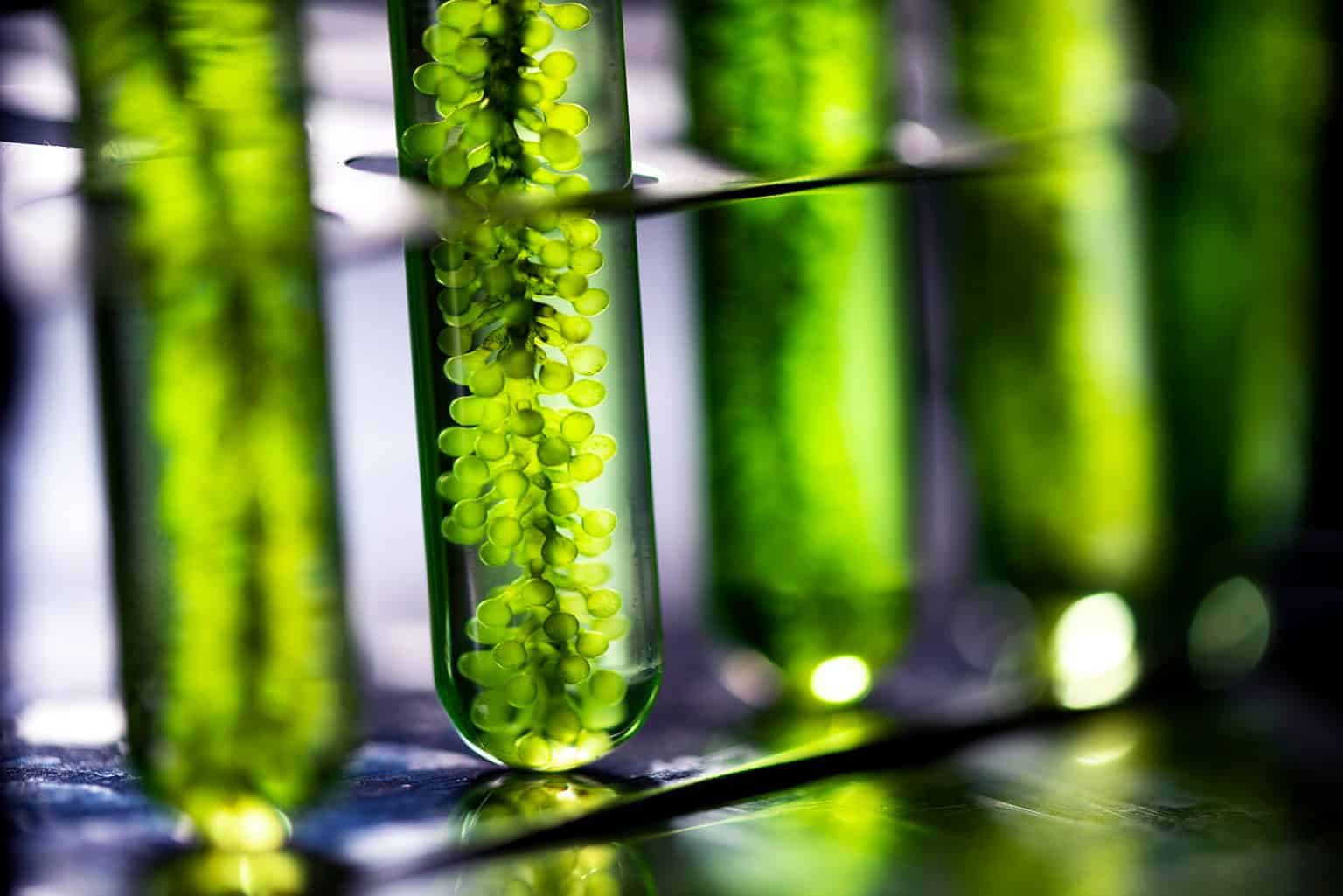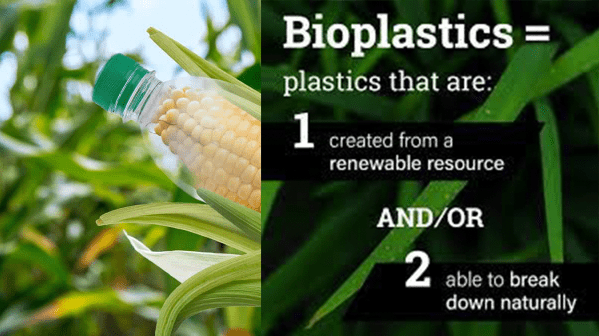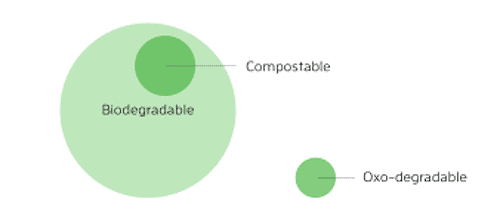For more than a decade bioplastics have, essentially, been a giant lab experiment. Plastics made from plants hold a lot of promise, given that most consumer plastic on the market today is derived from petroleum—which we would much rather keep in the ground. Some bioplastics have even been turned into garbage bags, bottles, and straws available for purchase by any company or individual who seek them out. Still, only 2% of the world’s 300 million tons of plastic production comes from plants, according to Lux Research.
But now, prices for bioplastics are plunging to that of conventional plastics, and manufacturers are finally ready to swap out petroleum for plants. The result is that most of the the expected doubling (pdf) of the global plastic productions over the next 20 years could come from plants.
“Multinational corporations are now the key driver commercializing bio-based products,” writes Victor Oh, a bio-materials analyst at Lux Research by email. In September, the furniture giant Ikea announcedit is shifting to “renewable, bio-based materials;” it plans to launch its first proof-of-concept bioplastic product next year in partnership with chemical refiner Neste. Packaging company TetraPak will roll out 100 million of its first fully biologically-derived cartons, Tetra Rex, by the end of 2016 with the aim of eventually making all its products 100% renewable. Coca-Cola Company announced a 100% bioplastic version of its “PlantBottle” after manufacturing 35 billion bottles using a 30% bio-based plastic since 2009.
Price makes it all possible, says Mike Hamilton, CEO of Renmatix, a developer of biomass alternatives to petroleum. The cost of some next-generation bioplastics are now even with those derived from oil —a milestone Renmatix says it can meet even at today’s oil price of around $50 per barrel (other companies have said their break-even figure is closer to $130, a price last seen in 2008). Their technology is attracting dollars from fossil fuel heavyweights: Renmatix says it recently struck deals with French energy giant Total and the chemical company BASF to reserve more than a million tons of biorefining capacity for use in turning trees into plastics and fuel. Renmatix also raised $14 million from investors led by Bill Gates for its first commercial biorefinery; Gates has said he sees the development of this infrastructure as a crucial part of the effort to decarbonize the industrial sector.
We have the technology. Now we need the scale.
Continue Reading: Bioplastics are getting cheap enough that they will soon be a legitimate option for massive corporations — Quartz




Pura Vida Bioplastics = Real Certificates USDA BIO-BASED, TUV, BNQ, GREEN AMERICA Home Compostable – Breaks down 3-4 months without Chemicals
Get a Quote